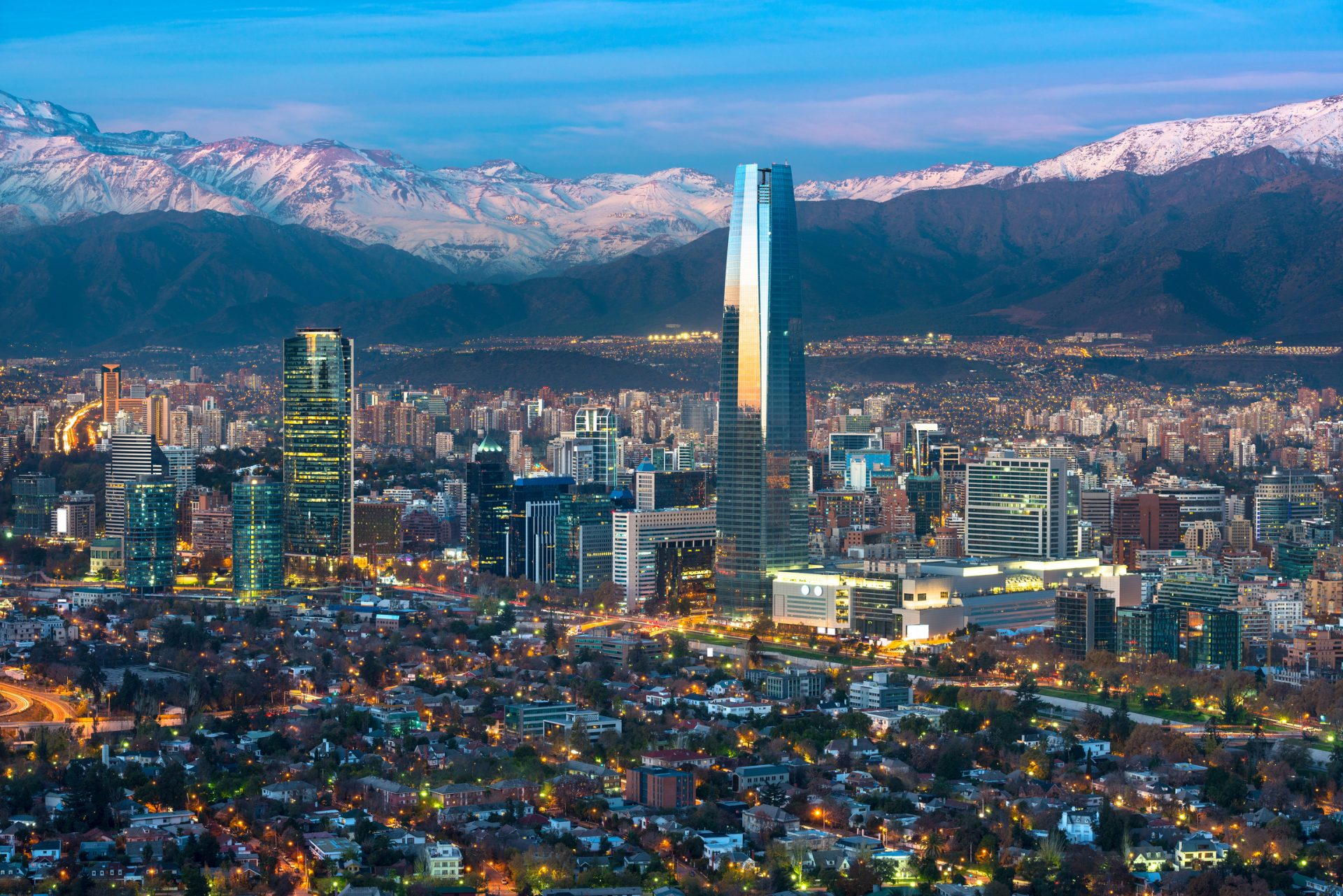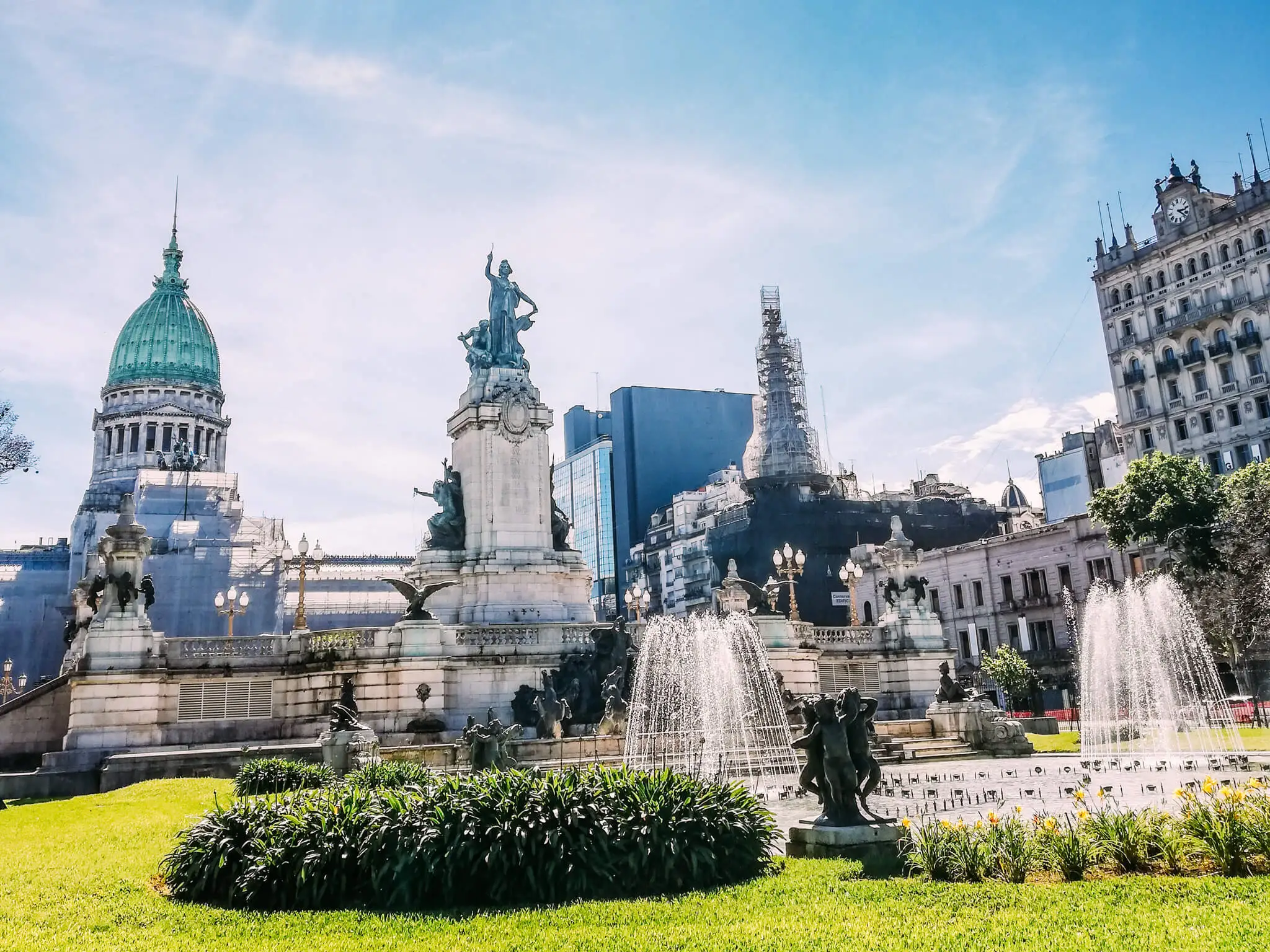PROTECT YOUR DNA WITH QUANTUM TECHNOLOGY
Orgo-Life the new way to the future Advertising by AdpathwayIn Brazil’s vast mining heartlands, a $500 million transaction is under fire, exposing the high-stakes geopolitics of resource control.
Anglo American’s proposed sale of its nickel assets—including the productive Barro Alto and Codemin mines in Goiás, yielding 40,000 metric tons of ferronickel annually—to MMG, a subsidiary of China’s state-owned China Minmetals, has triggered a Phase II antitrust probe by the European Commission on October 29, 2025.
This follows the rejection of remedies aimed at safeguarding EU supplies, amid fears of diminished competition in the €100 billion stainless steel sector, which relies on over 300,000 tons of imported ferronickel yearly.
The deal, announced in February 2025, aligns with Anglo American’s post-BHP rejection restructuring, shedding volatile nickel holdings amid oversupply and EV demand fluctuations.
Yet, Brazil’s antitrust body cleared it swiftly, ignoring a $900 million rival bid from a Dutch-Turkish firm, sparking outrage over prioritizing a lower Chinese offer and eroding national sovereignty in a sector exporting $2 billion annually.
 EU Probes Chinese Bid for Brazilian Nickel Assets Amid Fears of Rare Earth-Style Dependency. (Photo Internet reproduction)
EU Probes Chinese Bid for Brazilian Nickel Assets Amid Fears of Rare Earth-Style Dependency. (Photo Internet reproduction)China’s Nickel Grip Echoes Rare Earth Fears
Beneath this lies a deeper cautionary tale: the rare earth elements debacle. China commands 70% of global rare earth mining and 90% of processing, wielding export restrictions as a weapon—most notoriously in 2010 against Japan, and recently in 2023-2025 amid U.S. tech curbs, disrupting defense and electronics supply chains.
This dominance enables economic coercion, holding the world hostage to Beijing’s whims. With nickel, history risks repeating. China already refines 65% of global supply and consumes 63%, stockpiling strategically in 2025 to influence prices.
Allowing further consolidation could mirror rare earth blackmail, jeopardizing the green transition—nickel powers EV batteries essential for net-zero goals.
For Brazil, a top-10 producer with output exceeding 100,000 tons yearly, and the West, diversification is imperative. The EU probe signals a wake-up call: Secure independent chains now, or face vulnerability in an era where minerals dictate power.


 2 days ago
8
2 days ago
8






















 English (US) ·
English (US) ·  French (CA) ·
French (CA) ·  French (FR) ·
French (FR) ·